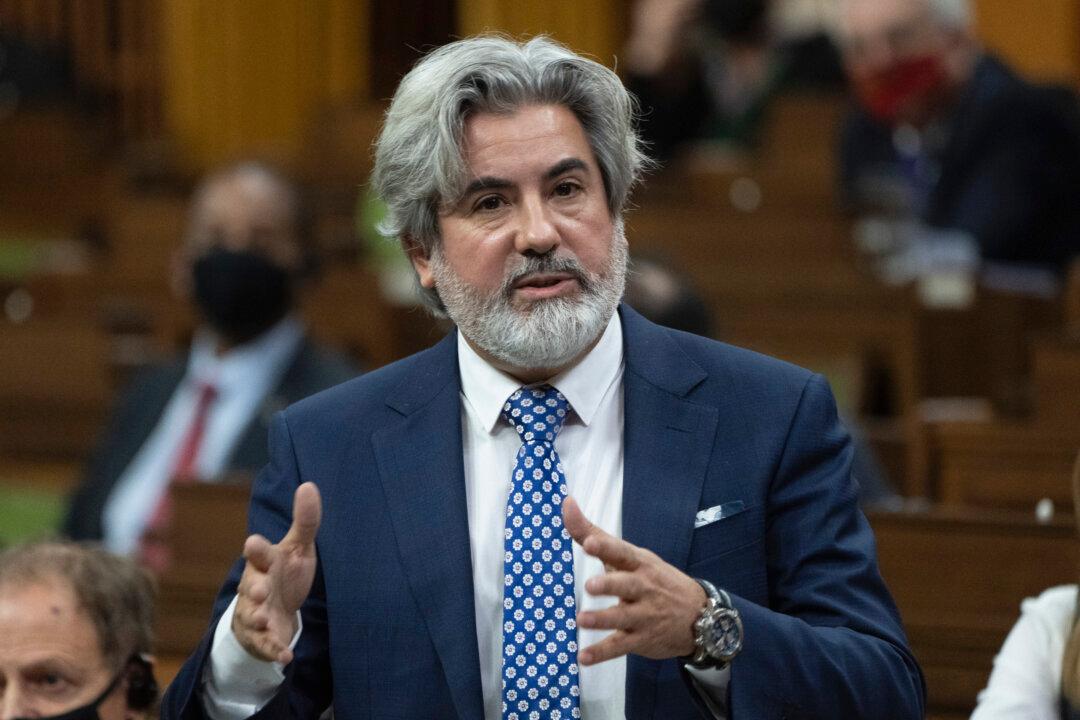A panel of experts that will make recommendations to the government on how to curtail “online harms” through legislation was revealed on March 30 by Heritage Minister Pablo Rodriguez.
“The internet has allowed for more mis- and disinformation, more polarization than ever before, and we’re much more likely to be exposed to and hurt by unacceptable hateful content,” said Rodriguez in a press conference.





